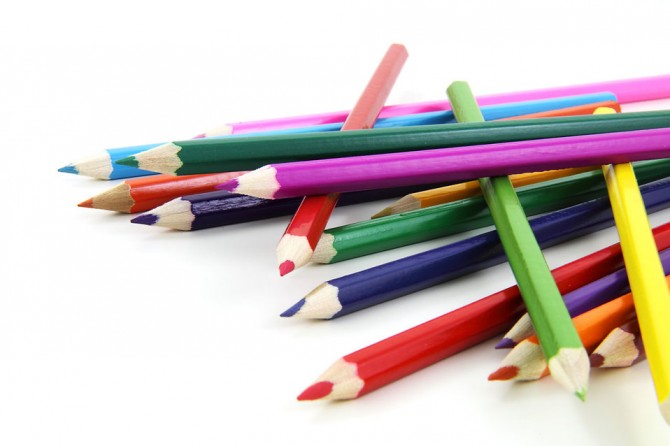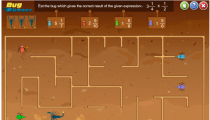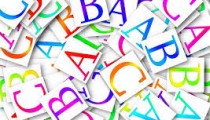Kids just love to tell stories, recite poems, and sing…

Kindergarten Word Searches to Begin Building Your Child’s Vocabulary
 As most of us know, helping our children build strong language skills starting at a young age is incredibly important for their future academic success. One major component of these language skills is vocabulary. Among the many benefits to possessing a rich vocabulary are: improved comprehension when reading, the ability to communicate better (whether speaking, listening, writing, etc.), and even increased academic and social confidence.
As most of us know, helping our children build strong language skills starting at a young age is incredibly important for their future academic success. One major component of these language skills is vocabulary. Among the many benefits to possessing a rich vocabulary are: improved comprehension when reading, the ability to communicate better (whether speaking, listening, writing, etc.), and even increased academic and social confidence.
One way teachers and parents are finding success in building the vocabulary of their kindergartners is through the use of educational word search puzzles. These puzzles, which can be completed at home, in the car, and, of course, in the classroom, are an easy way to expose kids to new words without sacrificing the fun.
Benefits of Puzzles
Word searches for kids offer a unique benefit in that in addition to keeping children engaged, they are a great source of exercise for the brain. Studies have shown that for individuals of all ages, whether five or fifty, challenging the brain with a particular activity has the ability to improve specific functions of the brain relevant to that activity. For example, playing memory games will improve memory. The same goes for word-based puzzles; playing word-based games, such as word searches, will improve a child’s language skills.
Boosting Vocabulary and Spelling
Through the use of a simple kindergarten word search, you can expose your child to a variety of new vocabulary words in a friendly manner. As they search for a specific word among the sea of letters, they familiarize themselves with this word thus increasing the likelihood of recognition when they come across it in the future.
Another benefit of word search puzzles, which is crucial to learning new vocabulary, is that of improving and practicing spelling. When completing a word search game, kindergartners must pay close attention to the sequence of letters comprising each word. As they become more familiar with the word throughout the search, continuously repeating this sequence, they are subconsciously ingraining the spelling of these unfamiliar words within their growing minds.
Keep the Fun Going
There is no shortage of online resources when it comes to word search puzzles for early language learners. However, if you find your child is particularly excited about completing word search puzzles, offer them the opportunity to create their own. Have them pick unfamiliar words out of a book they’re currently reading or even from signs you pass on the drive home. After they’ve compiled a list of vocabulary words, have them look up their definitions in a dictionary. Once they feel comfortable with the various meanings, have them create their own puzzle, positioning the words as they like and filling in empty spaces as they choose. They can complete the puzzle themselves, or give to a friend or classmate to complete.
If you want to really test their knowledge of the meaning of the words, provide only the list of definitions. This will force them to recall the correct word associated with a definition before they’re able to look for it within the word search.



